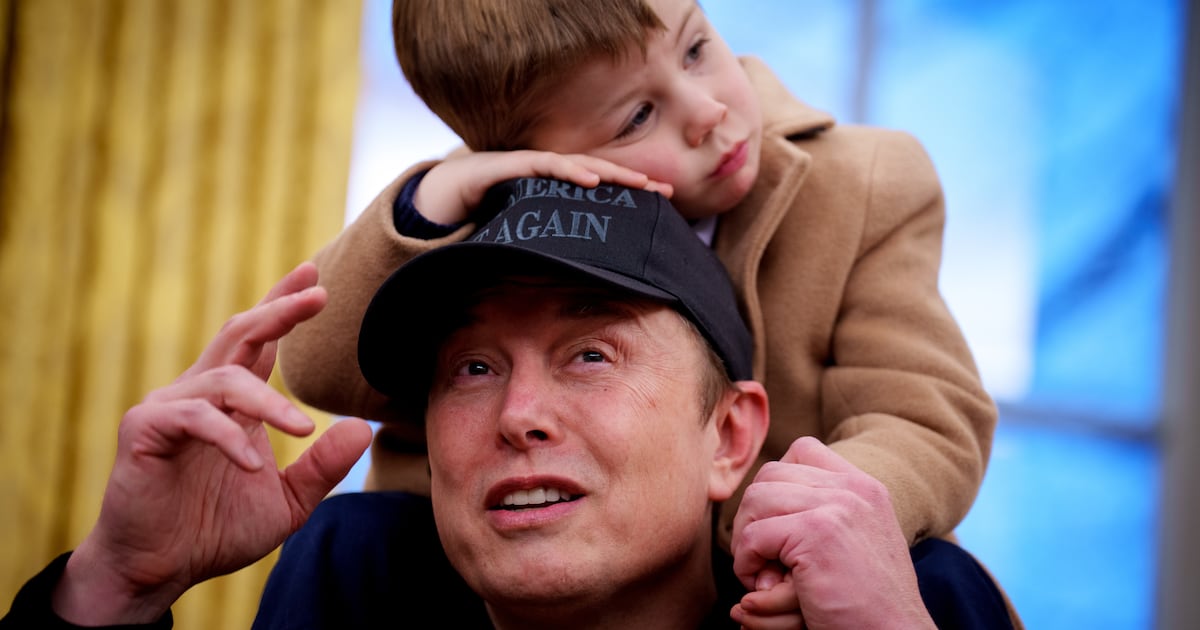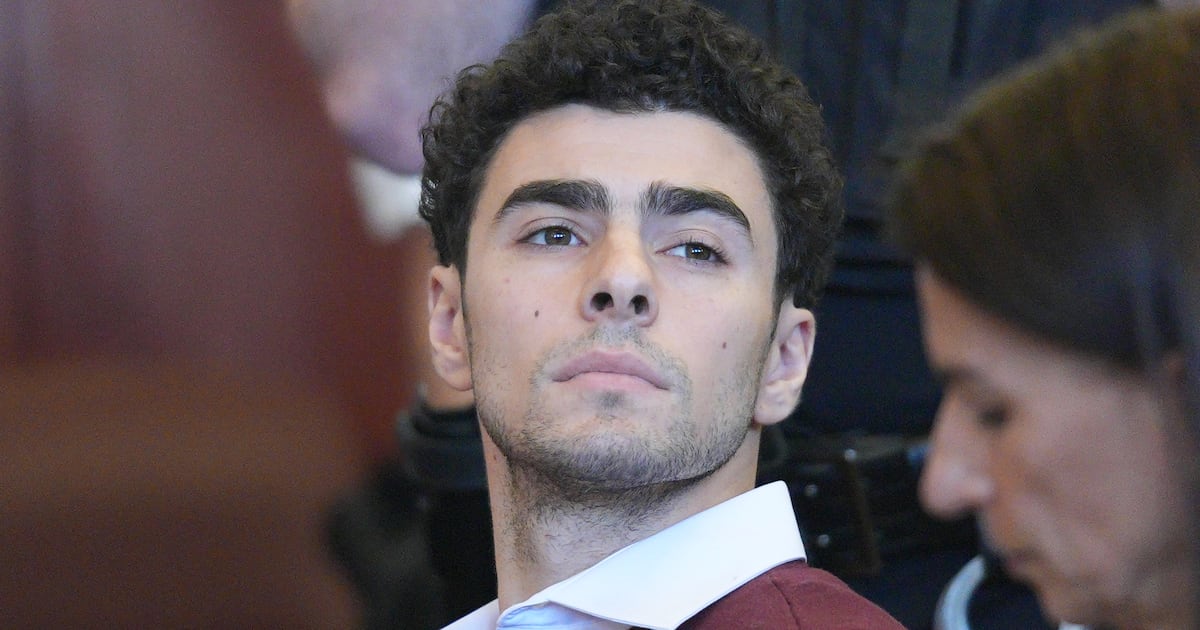A Long Island couple is trying to “vacate,” or undo, the adoption of two Russian-born children who suffer serious mental disorders and are living in state mental-health facilities.
Judges handling cases like these typically close courts to the public, not because of legal precedent, but because it has become an “unofficial rule.” In a departure from business as usual, Nassau County Surrogate Judge Edward McCarty III ruled this month to keep his courtroom open, saying it benefits the public to have access to these proceedings because this adoption has been riddled with “disturbing facts,” including alleged fraud and a supposed “bait and switch” on the part of the agencies involved.
In recent years, the dark side of Russian adoptions have been exposed, including the deaths of several adopted children; a 2010 case in which a Tennessee mother returned her Russian-adopted son alone on a plane to Moscow; and Russia’s 2013 ban on adopting its orphans.
“This matter is far too important to the people of Nassau County, the United States, and Russia to limit the public from access,” wrote McCarty.
In the Matter of Adoption of Child A and Child C, the Long Island couple, who lost their bid for a closed courtroom, are asking the court to dissolve their 2008 adoption of “purported siblings” who were adopted through Spence-Chapin in New York and Cradle of Hope/Bridge of Hope in Maryland.
The couple alleges they had been told by their agencies that the children, who were then 6 and 8 years old, were “healthy and socially well-adjusted.” But shortly after returning to the United States, the couple says, it became clear the children suffered serious medical and psychiatric problems. The couple says their children have threatened to kill them many times. The suit also says they learned post-adoption that the children had been sexually abused, and that the birth father never consented to the adoptions. They are also claiming that the purported siblings are not actually related.
The couple sought medical treatment for the children for four years, but in 2012, the desperate parents placed their children, now 12 and 14, in state mental-health facilities, where the teens live under constant medical supervision.
According to the lawsuit, the couple began their adoption journey in 2006 with Spence-Chapin, a well-known and well-regarded agency. Spence-Chapin referred the couple to Cradle of Hope in Maryland, which provides international adoptions through its Bridge of Hope program. The couple received photographs and paperwork on the siblings, and during the summer of 2007, one of the children visited with the couple in the U.S. for three weeks.
Six months later, the couple met and spent time with the second child in Russia. The suit says they were introduced to an alleged half-sister of the siblings, who told them the mother of children was in a drug-rehabilitation program and the father was in prison. The adoptive parents were not deterred. The siblings were adopted on April 14, 2008.
Shortly after returning home, it was discovered that the children did, in fact, have significant medical and psychiatric problems. The couple alleges that Cradle of Hope’s medical reports said the children only had “minor developmental delays” and were misleading.
Because the parents are claiming one of the two siblings was not the original child they had planned to adopt, the case will look at whether this was an administrative error, or whether the agency was responsible for a “bait and switch.”
The couple wants to undo both adoptions. They say their children were “criminally programed,” and that they have severe psychiatric illnesses and are unable to form familial bonds.
Adam Pertman, president of National Center on Adoption and Permanency, has mixed feelings about the judge’s decision to open the courtroom. He worries that the parents’ desire to vacate the adoptions will play into the hands of Russia’s propagandists, who portray American adoptive parents as violent and incapable.
On the other hand, Pertman says, adoption is not just about placing children.
“So many kids from institutionalized settings come to us abused and neglected,” he said. “If the records are not accurate, parents are not prepared for the challenges they will face. They don’t get sufficient training. And they don’t get the support and services they need.”
Adoption lawyers, too, are closely watching this case.
“If agencies had to warranty that children are in good health, agencies would shut down,” said adoption attorney Irene Steffas. “You can do that with a car but you can’t get a warranty with a human being. That’s a dangerous position to put an agency in.”
Still Steffas concedes the agency has a duty to give the family “every doctor’s report, every shred of evidence about the child’s health and background.”
There is wide consensus among attorneys that adoptive parents can vacate an adoption if acts of fraud were committed. However, Laurie Goldheim, president of the American Academy of Adoption Attorneys, says, “The court is not going to vacate the adoption unless there is an alternative placement, and even if the state is given custody, the parents may still be on the hook for financial reimbursement.”
There have been 60,000 Russian adoptions in the past three decades, and $330 million has been spent on these transactions. The judge’s opinion says an estimated 20 percent of Russian children adopted in the U.S. suffer from developmental difficulties, though the U.S. State Department says it does not keep statistics on this.
Judge McCarty’s opinion cited the fact that 18 Russian-adopted children have died through violence of their adoptive parents; 75 percent of these children were in the U.S. for less than six months and were under the age of 2. He believes this case is of universal relevance, given a 2013 Reuters series that shed light on “rehoming,” of international adoptees, a black-market practice of giving away difficult or disturbed children without court or government supervision.
Adoption records are always sealed and considered secret. Though the courtroom will be open, the judge has asked the media not to reveal the identities of the parents or children.
Thomas Rice of Albanese & Albanese of Garden City, the couple’s attorney, did not return calls seeking comment. Both Linda Perilstein, executive director of Cradle of Hope, and Leslie Case of Spence-Chapin, both declined to comment.
Tina Traster is the author of Rescuing Julia Twice: A Mother’s Tale of Russian Adoption and Overcoming Reactive Attachment Disorder.






